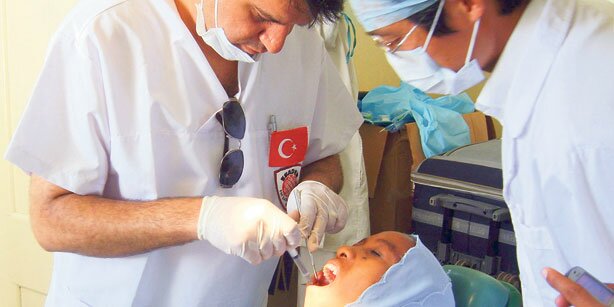Greek diet? Does it work?
Canada’s most popular newspaper published and article on Greek Diet
An article entitled “Gluten Free Greek and 6 key ingredients in a Greek kitchen,” written by journalist Samantha McLeod, was published in one of western Canada’s most popular newspapers, Province.
The article which included photographs and an original dialogue between the journalist and a Greek cuisine guide, nicknamed “Craterus,” is an interesting tour at Greek delicacy stores in Vancouver.
“In Greece, most of our dishes are vegetarian, or meat and potatoes. We have briam, avgolemono, yemista, just to name a few,” said Craterus, who guided the Canadian journalist around the city’s Greek restaurants and shops. Out of the 68 Greek shops that operated in Vancouver during the golden era of Greek migration, only six remain.
Greek cafes, once frequented by Greeks, are now but a distant memory, while the Greek broadcasting networks are now “sadly silent.”
However, during her walk with Craterus, McLeod discovered the six key ingredients of the Greek diet, which should not be missing from any cuisine: olives, extra virgin olive oil, feta, oregano, honey and coffee, imported from Greece. According to Athens Macedonian News Agency, “Craterus” is the Consul General of Greece in Vancouver, Ilias Kremmydas.
So we should start a debate over Does the greek diet work? And how healthy it is?
In addition of the topic before it became known as a “Blue Zone”—a region of the world where people tend to live unusually long and healthy lives—the island of Ikaria, Greece, was unknown to most Americans. But in the past few years, Ikaria has received considerable attention from scientists and journalistsalike who want to unlock the mysteries of its long-living residents—many of whom make it to age 100 or older.
Pin It









 Follow Us on Twitter
Follow Us on Twitter Be Our Fan on Facebook
Be Our Fan on Facebook








